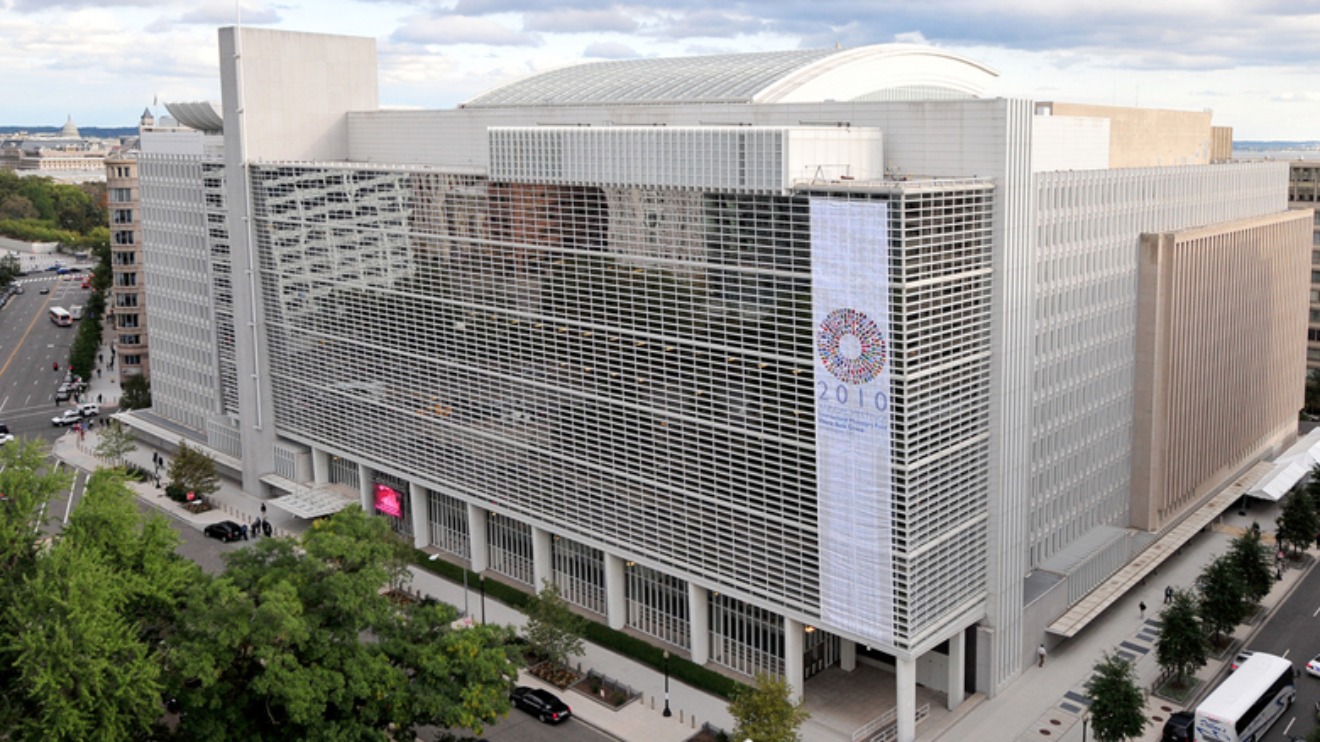Kenya's hopes for a Sh1.5 billion ($1.2 billion) cash injection from the World Bank have been trimmed to Sh157.7 billion ($1.2 billion).
This Sh39.3 billion reduction comes as the World Bank finalizes its Development Policy Financing (DPF) package for Kenya in the current fiscal year ending June.
"We were expecting disbursements of around $1.5 billion," Central Bank Governor Kamau Thugge had said in February, reflecting the initial Kenyan expectation.
While the final figure represents a significant reduction, it remains a substantial disbursement compared to the World Bank's typical DPF allocations to Kenya in recent years, which typically ranged between Sh98.6 billion ($750 million) and Sh131.5 billion ($1 billion).
The DPF aims to bolster efficiency, equity, and transparency in Kenya's public finances. It will also address labour market competitiveness and promote climate action initiatives.
Read More
"This DPF is expected to generate public expenditure savings and strengthen the national social protection system," the World Bank noted, highlighting the program's focus on fiscal responsibility.
Additionally, the DPF seeks to foster a more competitive and inclusive market environment, aiming to reduce the number of firms identifying licensing and permits as a major constraint while also promoting access to social services for refugees and asylum seekers.
Despite the reduced funding, the World Bank's injection is expected to increase Kenya's foreign exchange reserves and solidify the recent gains made by the Kenyan shilling.
This financial support also complements recent dollar inflows, including the successful Eurobond issuance used for a partial buyback of Kenya's sovereign debt.
However, the reduced funding comes at a time when Kenya faces a significant fiscal deficit estimated at Sh785 billion for the 2023/24 fiscal year.
The impact of this shortfall, coupled with the lower-than-anticipated World Bank disbursement, remains to be seen.








